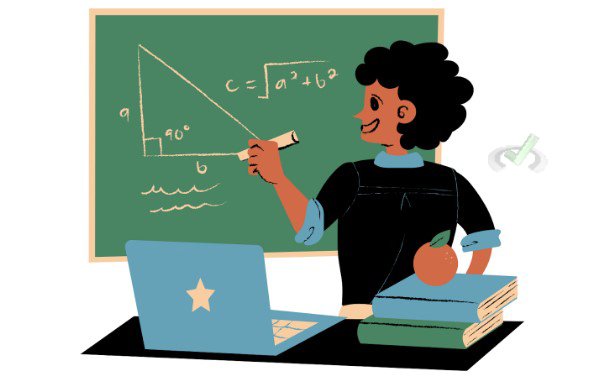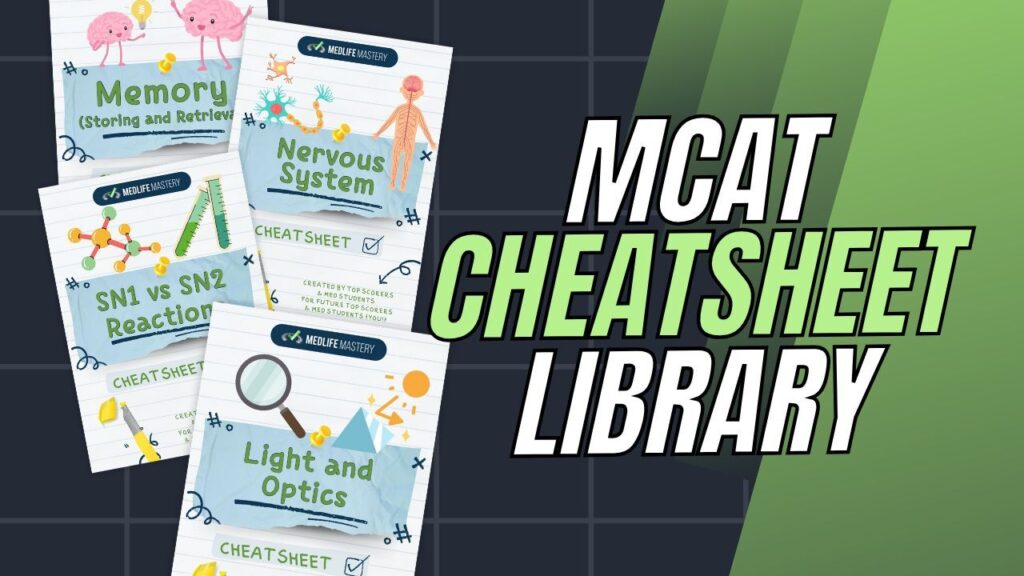Intelligence is not just about being good at tests or schoolwork. It's about many different abilities and skills. In this guide, we'll explore various types of intelligences, as proposed by psychologist Howard Gardner.
I. What Is Intelligence?
Intelligence is more than just academic ability. It includes how people solve problems, understand their environment, and interact with others. Howard Gardner's theory of multiple intelligences shows different kinds of intelligence.
A. Gardner's Theory of Multiple Intelligences
Gardner's theory suggests that everyone has different strengths. These strengths help us understand the world and solve problems. For example, some people are good at music.
II. Different Types of Intelligences
Gardner identified several types of intelligences. Here, we will explain each one with examples.
A. Linguistic Intelligence

Linguistic intelligence is a person’s ability to use language well. People with this intelligence enjoy reading, writing, and telling stories. They often do well in careers like writing, teaching, or law.
B. Logical-Mathematical Intelligence

This type of intelligence involves logical thinking and problem-solving with numbers. People with high logical-mathematical intelligence enjoy puzzles, experiments, and working with data. They may excel in fields like science, engineering, or computer programming.
C. Spatial Intelligence

Spatial intelligence is about visualizing and understanding space. People with this intelligence can picture things in their minds and create visual art. They are good at drawing, designing, and navigating. Careers like architecture, graphic design, and piloting are good for them.
D. Bodily-Kinesthetic Intelligence

Bodily-kinesthetic intelligence involves using the body to express ideas or perform tasks. People with this intelligence are good at physical activities like sports, dance, or building things. They have good coordination and may become athletes, dancers, or surgeons.
E. Musical Intelligence

Musical intelligence is the ability to understand and create music. People with this intelligence have a good ear for rhythm, melody, and harmony. They may enjoy singing, playing instruments, or composing music. This intelligence is common in musicians and composers.
F. Interpersonal Intelligence

Interpersonal intelligence is about understanding and interacting with others. People with high interpersonal intelligence are good communicators. They can easily understand others' feelings and work well in teams. They often excel in teaching, counseling, or leadership roles.
G. Intrapersonal Intelligence

Intrapersonal intelligence refers to the ability to understand oneself. People with this intelligence are good at self-reflection. They understand their own emotions, strengths, and weaknesses. This helps them set personal goals and work towards them.
H. Naturalistic Intelligence

Naturalistic intelligence involves understanding nature. People with this intelligence enjoy studying animals, plants, and the environment. They have a keen sense of patterns in nature. They may work in fields like biology, conservation, or agriculture.
III. Why Understanding Different Intelligences Matters
Knowing about different intelligences helps us appreciate our unique talents and those of others. It also guides us in choosing the right career paths and hobbies. For instance, someone good with numbers might pursue engineering, while someone good with words might become a writer.
IV. Bridge: Connecting Intelligences with Other Topics
Multiple intelligences relate to many areas beyond just personal strengths. Here, we connect them to other topics relevant to exams like the MCAT.
A. Neuroscience and Brain Function
Each type of intelligence is linked to different areas of the brain. For example, linguistic intelligence is associated with the left hemisphere, which handles language. Understanding this helps in studying brain injuries and disorders like dyslexia or aphasia.
B. Cognitive Psychology
Cognitive psychology explores how people think, learn, and remember. It connects to multiple intelligences by studying how different learning styles work. For instance, visual learners often have high spatial intelligence. This understanding helps in creating effective teaching methods.
C. Educational Psychology
Educational psychology uses the theory of multiple intelligences to improve teaching. Teachers can use this knowledge in order to tailor their methods. For example, using music can help students with musical intelligence learn better.
D. Career Development
Understanding one's intelligence can guide career choices. For example, someone with strong interpersonal skills might excel in teamwork or customer service roles.
V. Wrap-Up and Key Terms
The theory of multiple intelligences highlights that everyone has unique strengths, from linguistic to naturalistic abilities. Recognizing these helps us appreciate diverse talents.
It also guides us in choosing suitable careers and learning methods. This understanding fosters a more inclusive and personalized education and personal growth approach.
Key Terms
- Linguistic Intelligence: Good with words and language.
- Logical-Mathematical Intelligence: Good with numbers and logic.
- Spatial Intelligence: Good with visualizing and designing.
- Bodily-Kinesthetic Intelligence: Good with physical movement.
- Musical Intelligence: Good with music and rhythm.
- Interpersonal Intelligence: Good at understanding others.
- Intrapersonal Intelligence: Good at understanding oneself.
- Naturalistic Intelligence: Good with nature and patterns.
VI. Practice Questions
Sample Practice Question 1
Which type of intelligence involves understanding and managing one's own emotions?
A. Musical Intelligence
B. Interpersonal Intelligence
C. Intrapersonal Intelligence
D. Naturalistic Intelligence
Ans. C
Intrapersonal intelligence is understanding oneself, including emotions and motivations. This intelligence helps in self-reflection and personal growth.
Sample Practice Question 2
Which of the following is most associated with Logical-Mathematical Intelligence?
A. Writing stories and poems
B. Solving puzzles and logical problems
C. Drawing and creating art
D. Understanding nature and animals
Ans. B
Logical-mathematical intelligence involves thinking logically, solving mathematical problems, and recognizing patterns. It's common in fields like science, mathematics, and engineering.







 To help you achieve your goal MCAT score, we take turns hosting these
To help you achieve your goal MCAT score, we take turns hosting these 





















 reviews on TrustPilot
reviews on TrustPilot